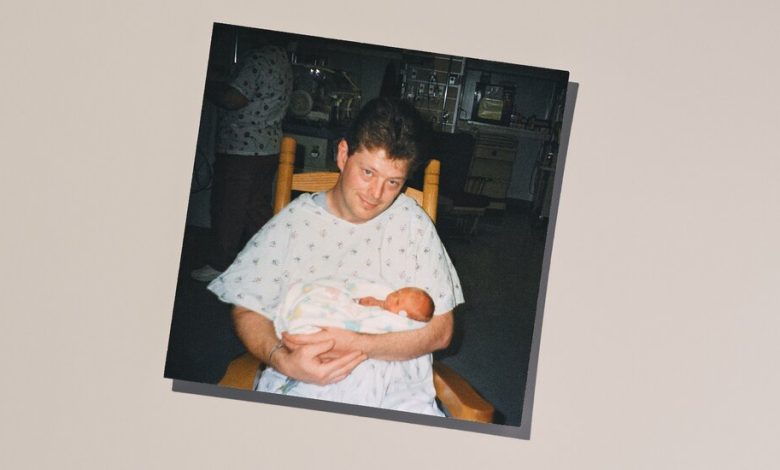He Was Sent to Prison for Killing His Baby. What if He Didn’t Do It?

Sunny Eaton never imagined herself working at the district attorney’s office. A former public defender, she once represented Nashville’s least powerful people, and she liked being the only person in a room willing to stand by someone when no one else would. She spent a decade building her own private practice, but in 2020, she took an unusual job as the director of the conviction-review unit in the Nashville D.A.’s office. Her assignment was to investigate past cases her office had prosecuted and identify convictions for which there was new evidence of innocence.
The enormousness of the task struck her on her first day on the job, when she stood in the unit’s storage room and took in the view: Three-ring binders, each holding a case flagged for evaluation, stretched from floor to ceiling. The sheer number of cases reflected how much the world had changed over the previous 30 years. DNA analysis and scientific research had exposed the deficiencies of evidence that had, for decades, helped prosecutors win convictions. Many forensic disciplines — from hair and fiber comparison to the analysis of blood spatter, bite marks, burn patterns, shoe and tire impressions and handwriting — were revealed to lack a strong scientific foundation, with some amounting to quackery. Eyewitness identification turned out to be unreliable. Confessions could be elicited from innocent people.
Puzzling out which cases to pursue was not easy, but Eaton did her best work when she treaded into uncertain territory. Early in her career, as she learned her way around the courthouse, she felt, she says, like “an outsider in every way — a queer Puerto Rican woman with no name and no connections.” That outsider sensibility never completely left her, and it served her well at the D.A.’s office, where she was armed with a mandate that required her to be independent of any institutional loyalties. She saw her job as a chance to change the system from within. Beneath the water-stained ceiling of her new office, she hung a framed Toni Morrison quote on the wall: “The function of freedom is to free someone else.”
If Eaton concluded that a conviction was no longer supported by the evidence, she was expected to go back to court and try to undo that conviction. The advent of DNA analysis, and the revelations that followed, did not automatically free people who were convicted on debunked evidence or discredited forensics. Many remain locked up, stuck in a system that gives them limited grounds for appeal. In the absence of any broad, national effort to rectify these convictions, the work of unwinding them has fallen to a patchwork of law-school clinics, innocence projects and, increasingly, conviction-review units in reform-minded offices like Nashville’s. Working with only one other full-time attorney, Anna Hamilton, Eaton proceeded at a ferocious pace, recruiting law students and cajoling a rotating cast of colleagues to help her.
By early 2023, her team had persuaded local judges to overturn five murder convictions. Still, each case they took on was a gamble; a full reinvestigation of a single innocence claim could span years, with no guarantee of clarity at the end — or any certainty, even if she found exculpatory evidence, that she could spur the courts to act. One afternoon, as she weighed the risks of delving into a case she had spent months poring over, State of Tennessee v. Russell Lee Maze, she reached for a document that Hamilton wanted her to read: a copy of the journal that the defendant’s wife, Kaye Maze, wrote about the events at the heart of the case.